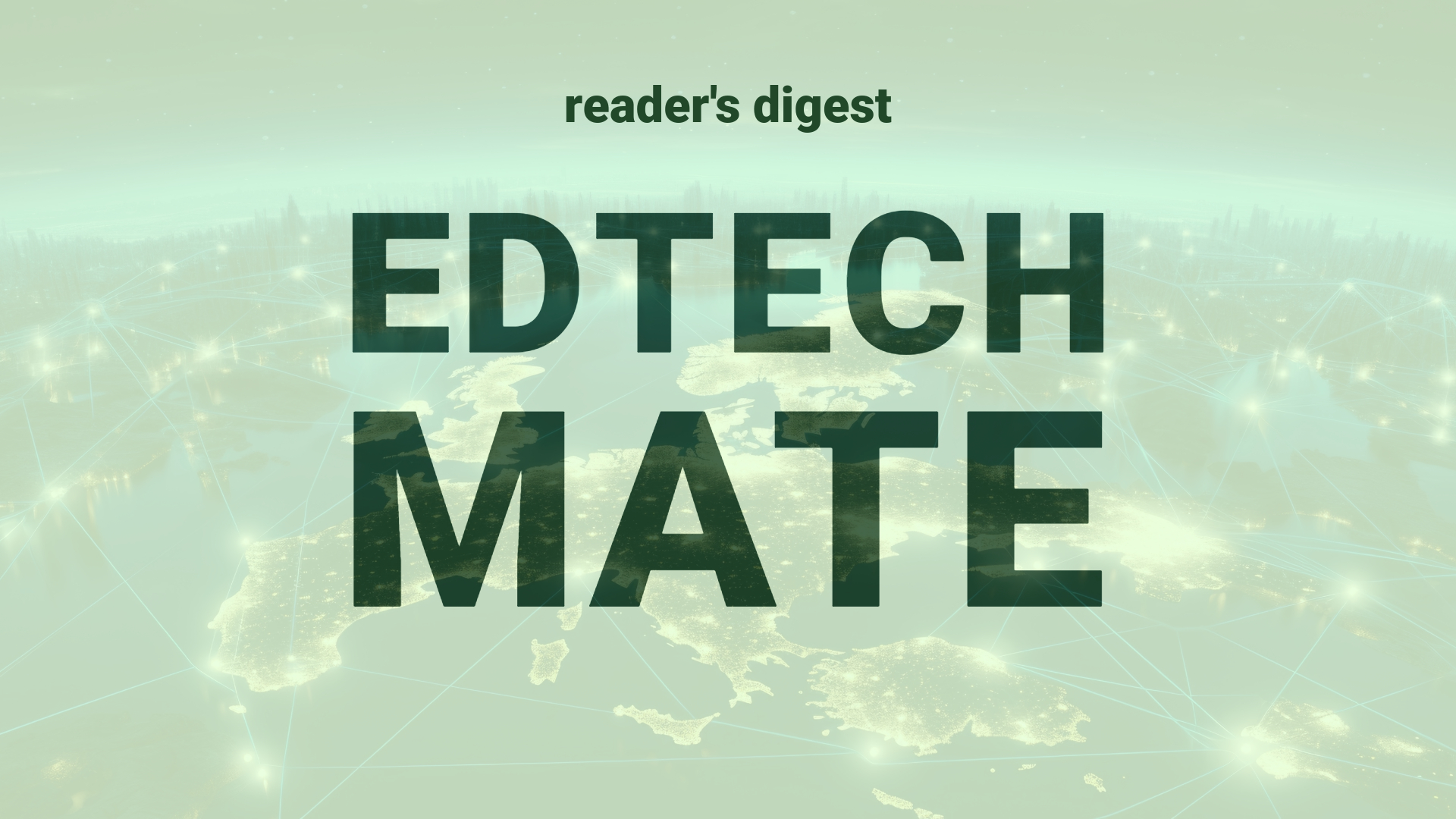Executive Summary and Main Points
Recent advances in data strategy are shaping the future, with Artificial Intelligence (AI) being the most transformative trend. AI enables organizations to extract insights from vast datasets, enhancing decision-making and fueling innovation. Data democratization is increasing, allowing diverse perspectives to foster collaboration. Data quality is becoming a central concern for IT, essential for sensible AI usage and reliable outcomes. Strategies are shifting to a right-to-left approach, starting with business priorities and delivering tangible value sooner. Data-as-a-Service (DaaS) is essential for global businesses, offering on-demand data access and promoting quality standards. Lastly, edge computing is emerging to deliver real-time data analytics, enabling more efficient decision processes.
Potential Impact in the Education Sector
In Further Education and Higher Education, these advancements can streamline operations, personalize learning, and improve research outputs. AI can assist in processing educational data, enabling real-time insights into student performance and learning needs. Data democratization can empower educators and students to collaboratively use data, promoting a data-informed culture within institutions. With Micro-credentials, a focus on data quality and innovative delivery methods like DaaS can ensure customizable and targeted learning experiences. Strategic partnerships with tech firms and adoption of digital tools like edge computing are crucial for keeping pace with these changes.
Potential Applicability in the Education Sector
AI can tailor educational content and provide predictive analytics to improve student retention and outcomes. Implementing data democratization principles, education institutions can encourage interdisciplinary research and collaborative learning. Emphasizing data quality is important for maintaining the integrity of academic research. Adapting the right-to-left data approach can maximize the relevance and application of academic programs to current industry needs. DaaS integration can facilitate access to diverse academic resources, while edge computing ensures real-time interaction in virtual classrooms, enhancing the learning experience.
Criticism and Potential Shortfalls
While these trends hold promise, they are not without criticisms. Concerns include data privacy, the ethical use of AI, and ensuring equity in data access. Real-world examples like algorithmic biases in grading systems highlight the importance of data quality. Comparative international case studies might reveal disparities in resource allocation for these tools, affecting global education equity. Ethical and cultural implications, such as consent in data collection and biases in AI, must be carefully considered.
Actionable Recommendations
Educational leaders should invest in training to foster a data-centric culture within their institutions. Developing robust data governance policies will ensure data quality, address privacy concerns, and support ethical AI use. Institutions should form strategic partnerships with technology providers to harness DaaS and edge computing capabilities, integrating them into their digital transformation initiatives. Pilot programs can test the viability of new technologies, and research can be conducted to measure their impact on educational outcomes, ensuring these tools serve their intended purpose.
Source article: https://www.cio.com/article/2138246/siete-tendencias-que-protagonizan-las-estrategias-de-datos-de-las-empresas.html

